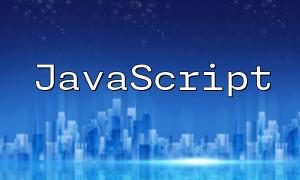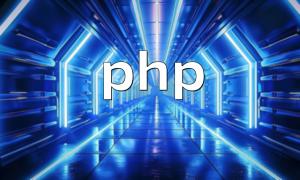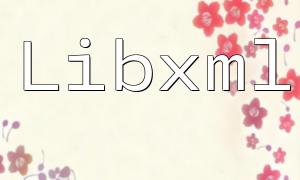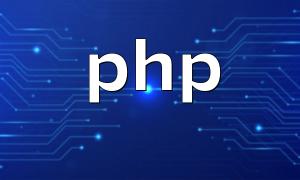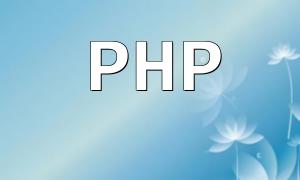In modern web development, PHP is commonly used to process and parse JSON objects. With the widespread use of APIs and web services, JSON (JavaScript Object Notation) has become the standard data exchange format. Understanding PHP JSON object parsing methods is crucial for efficiently handling data. This article will guide you through how to parse JSON objects in PHP and follow best practices for SEO in Google search engines.
Before delving into PHP JSON object parsing methods, it's important to understand what JSON is. JSON is a lightweight data exchange format, easy to read and write, and convenient for machines to parse and generate. Its data structure consists of key-value pairs, making it ideal for transmitting complex data structures.
PHP provides a series of built-in functions to handle JSON data. The two most commonly used functions are json_encode() and json_decode(). json_encode() converts PHP arrays or objects into JSON format, while json_decode() parses a JSON string into a PHP data structure.
In PHP, you can use the json_decode() function to parse JSON objects. Here is a typical example:
In this example, we parse a JSON string containing user information into a PHP object, and then we can access the data through the object's properties.
If you wish to parse a JSON object as an associative array, you can set the second parameter of json_decode() to true. For example:
With this method, you can handle data more easily since you can access the contents of the associative array just like a regular array.
When parsing JSON, we also need to consider error handling. You can use the json_last_error() function to check if any errors occurred during parsing:
The code above demonstrates how to check for potential errors in JSON parsing to ensure the robustness of your program.
Mastering PHP JSON object parsing methods is crucial for modern web development. By using the json_decode() and json_encode() functions, developers can easily handle JSON data and choose whether to parse it as an object or an associative array. These skills not only improve development efficiency but also help reduce errors in data exchange. Understanding how to effectively parse JSON objects in PHP will make you more efficient in web development.
We hope this article helps you gain a deeper understanding of PHP JSON object parsing methods and apply these skills flexibly in your projects.


